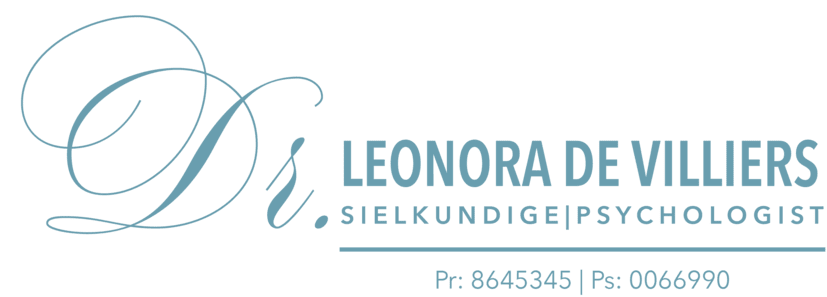Breaking Free from Self-Medication and Addiction:
Why Psychological Support is Crucial
In today’s world, it can be hard to recognize when you’re self-medicating. After all, drinking alcohol is a socially acceptable part of many cultures. Prescription medications are found in most homes, and recreational drugs like marijuana are legal or easily accessible in many places. But there’s a fine line between occasional use and relying on substances to cope with life’s challenges.
Whether it’s reaching for a glass of wine after a tough day, popping a painkiller for more than just physical pain, or turning to recreational drugs to ease anxiety, it’s important to question your motives. Are you trying to change your feelings rather than face the discomfort head-on? Self-medication might seem like a quick fix, but it can often lead to far bigger problems. The same goes for addictive behaviors—whether it’s gambling, shopping, or even excessive screen time—these are also forms of escape from life’s stresses that can spiral out of control.
So how do you know if you’re caught in the trap of self-medicating or addictive behavior?
Signs You Might Be Self-Medicating or Engaging in Addictive Behavior
You turn to substances or behaviors when stressed, anxious, or depressed. Many of us have a drink or engage in certain behaviors to relax, but if you find yourself doing so regularly to escape negative emotions, it’s a red flag. Whether it’s alcohol, prescription drugs, or even binge-watching TV to numb your feelings, the pattern can be harmful.
It takes more and more to feel better. What started as a drink or two to relax now requires several beverages. Or that occasional shopping spree becomes a habit whenever you feel low. With self-medication or addictive behavior, tolerance builds, and you need more to achieve the same effect. This escalating cycle can create deeper problems, leading to dependency.
You worry when you don’t have access to your chosen substance or behavior. Do you feel anxious about attending an event where alcohol won’t be available? Or do you start getting restless when you’re unable to engage in your go-to escape behavior, like gambling or shopping? This dependency is a clear sign that self-medicating or addiction is taking control.
Have friends or family expressed concern about your drinking, drug use, or compulsive habits? Loved ones are concerned. Often, those closest to us notice these changes before we do. It can be tough to listen, but dismissing their concerns might mean ignoring a growing problem.
The Dangers of Self-Medication and Addiction
What starts as a way to cope can quickly backfire. Self-medication or addiction behavior doesn’t just fail to solve your problems—it often makes them worse.
- Worsening symptoms. While you might temporarily escape feelings of anxiety or depression, substances, and addictive behaviors can intensify those same emotions in the long run.
- New mental health issues. Self-medicating can lead to the development of additional mental health problems, such as depression, anxiety, or even psychosis, especially with heavy substance use like alcohol or drugs.
- Interference with prescribed medications. If you’re taking prescription medications for physical or mental health, combining them with alcohol or recreational drugs can lead to dangerous interactions.
Breaking the Cycle: The Power of Psychological Support
Breaking free from self-medication and addiction behavior is tough, but you don’t have to do it alone. Seeking psychological support can make all the difference. Here’s why:
- Uncovering Root Causes: Addiction and self-medication often hide deeper issues like trauma, anxiety, or unresolved emotional pain. A psychologist can help you explore these underlying causes in a safe and supportive environment.
- Developing Healthier Coping Mechanisms: Therapists can guide you toward healthier ways to manage stress and emotions, providing tools and strategies that empower you to face challenges without turning to substances or addictive behaviors.
- Building Emotional Resilience: Addiction challenges can take a toll on your mental well-being. Therapy provides a judgment-free space where you can process your emotions and regain your emotional strength
- Preventing Relapse: Long-term recovery requires ongoing support. Psychological therapy not only helps you overcome current challenges but also equips you with relapse-prevention strategies to maintain your progress.
- Holistic Approach: Therapy looks beyond just the addiction—it considers your overall mental, emotional, and social well-being, ensuring you achieve lasting recovery and a more balanced life.
Taking the First Step
Addiction and self-medication don’t have to control your life. Seeking help is a courageous step toward a healthier, more fulfilling future. Whether you’re struggling with substance use, addictive behaviors, or both, psychological support can offer the guidance, tools, and compassion you need to break free.
Reach out to a mental health professional today. Remember, asking for help isn’t a sign of weakness—it’s a sign of strength.
Addiction Counsellor:
Ms. Gerda Vorster
082 552 1781
Psychologist:
Dr. Leonora de Villiers
082 497 3765

